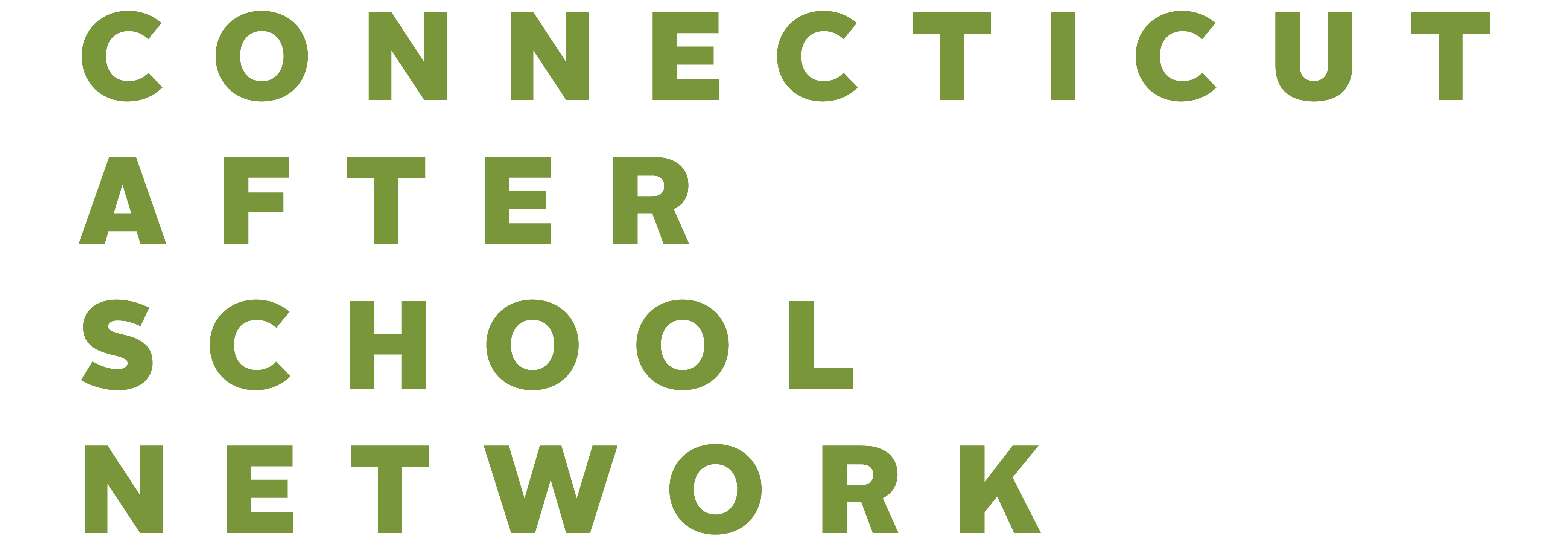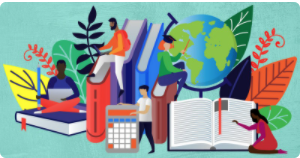I love reading the MMoA blogs of Susan Fisher, they always make me happy. This one struck me because it talks about curiosity. With multiple teachers in my family we talk a lot about engaging children. The toughest part of engaging children is trying to grab their attention. Some children will engage while others not; somewhere along the line their curiosity disappeared. Learning cannot happen without curiosity. I hope you are “curious” enough to continue reading what Ms. Fisher has to say below.
“They used to say that when a young man forgets his hat, he thinks “I forgot my hat,” but when a man of mature years forgets his hat he thinks “I’m getting old.” Now days we’re so used to the stress of the pandemic that we say “forget the hat, why did I walk into this room in the first place?”
Study after study shows what we already know from experience: anxiety undermines memory, concentration, morale, and physical well-being. It’s not trivial that the Pew Research Center found that one third of US adults experience sleeplessness or anxiety on a weekly basis. Uncertainty and anxiety were already on the rise BC (Before COVID) but the novel coronavirus put them on steroids.
Check the following against your pandemic experiences:
● Judson Alyn Brewer, MD, Ph.D, a neuroscientist at Brown University, defines anxiety as “nervousness, worry, or unease about an imminent event with an uncertain outcome.” Check.
● When you can’t flee danger or find food, your prefrontal cortex tells you to go get more information—which is a great adaptation unless you can’t g information, or you get contradictory information, or you get too much information. Check.
● Brewer calls anxiety a “social contagion.” Exposing others to wrong information, or accurate information in the wrong context, is like “sneezing on their brains” generating feelings of helplessness and worry. Check
Brewer shows that anxiety becomes a habit. We cycle from trigger to behavior to outcome. The pattern is the same for addiction, over-eating, self-judgment, and so on.
But here is the wonderful, beautiful corollary: the opposite of anxiety is curiosity. It’s measurable. Participants in a study Brewer conducted using curiosity to disrupt anxiety showed 57%-67% reductions in symptoms.
It seems that we become habituated to anxiety, but not to curiosity. That is how we learn. The effect of anxiety is mental and physiological contraction. The effect of curiosity is expansion. You can’t be closed and open at the same time. Take your pick.
Brewer’s research is well worth studying at length, but he had me at
“The key component in the process of unwinding anxiety is learning to be curious.”
In my mind “curiosity” and “creativity” are practically synonymous.
One page from Leonardo’s notebooks can’t show the scope of his curiosity. Engineering, anatomy, hydraulics, architecture, botany… all was grist that came to his mill.
In conversation about all this, my sister reminded me of that prodigy of curiosity, Leonardo da Vinci. Leonardo could inhabit the vast quiet chamber of his fascination even as war and destruction raged outside. According to biographer Walter Isaacson, Leonardo was not just unconcerned, but simply, purely, joyful.
That model of curiosity and creativity is what we want MMoA to offer you.
Come let us help you disrupt anxiety and open up to the pleasures of curiosity and creativity. See you soon.
With fondest regards,
Susan Fisher”


